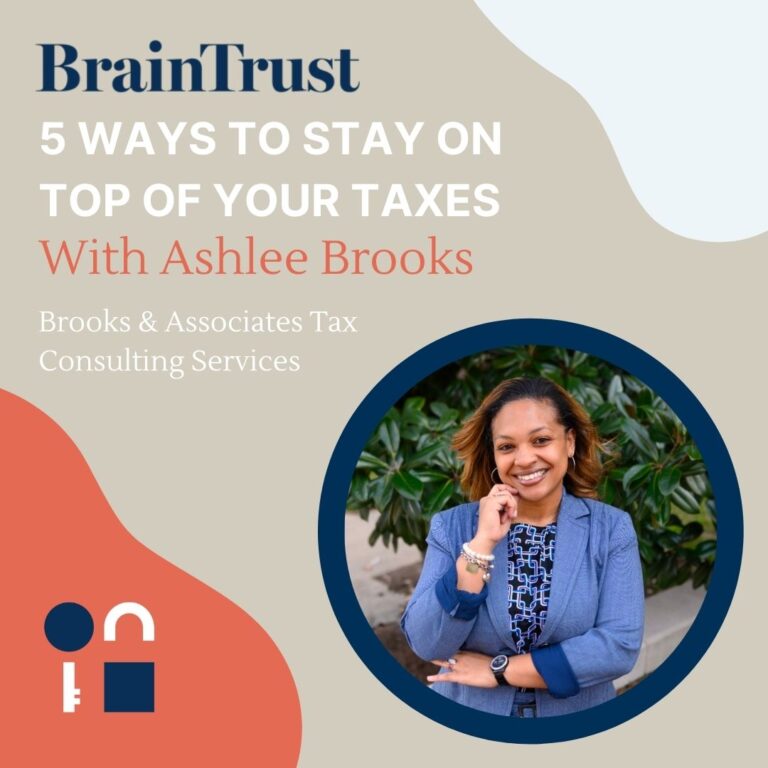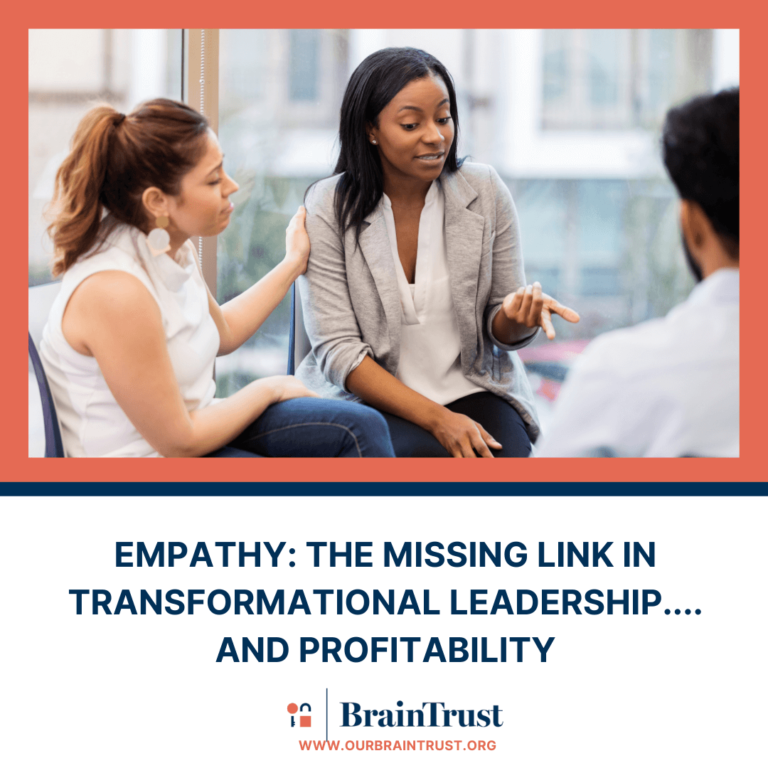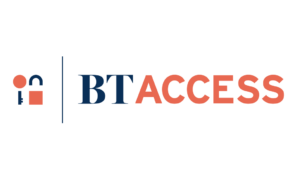LEADING IN A “NEW NORMAL” WORLD
WRITTEN BY SHERRY DEUTSCHMANN
The point of this writing is definitely not to suggest what our practices will be going forward, but how we as leaders should lead through this unchartered territory. No matter the situation, empathy and simple human kindness will be essential.
As I’m writing this, it’s April 29, 2020 and our nation is in the grip of a pandemic known as COVID-19. The effects on daily lives of all mankind, globally, has been enormous.
I was in Cambodia back in early February, back when the virus was just beginning its death grip on Asia. I recall arriving at the Siem Reap airport for a flight to Laos, astonished and frightened at a new phenomena: face masks. It seemed that everyone had them…everyone but my husband and me. Thankfully, a few minutes later, someone handed us paper masks and reality set in. We needed to get back home.
Now, even as many cities are continuing to see a rise in COVID-19 cases and deaths, and the medical and scientific community warns us that we will likely see the virus take many more lives, there is a faction of leadership that insists that we must get back to “normal,” that we must reopen businesses and resume social activities.
In my home state of Tennessee, one of the first to reopen, that presents a major challenge for business leaders. What the heck are we going to do?
The shock and fear that encompassed the mandate to work remotely or even temporarily close your business was difficult – no doubt. I believe it is fair to say that some businesses will never recover and most will take months or even years to “dig out.”
But if you are like me, the directive to reopen, to relaunch is JUST as discomfiting. I mean, how do you ensure the safety and health of your employees and your customers? What can be done virtually so as to lessen the potential spread of the virus? When we’re such a social, interconnected world, how do we maintain relationships while keeping a safe distance?
To be certain, our world will never be the same. Do you remember the early stages of this “season” when someone offered a handshake or a hug and you vacillated… “Yikes, do I shake his hand or not?”… and then see yourself NOW where there is no hesitation at all – you keep your distance and don’t even consider a touch?
Odds are that the ubiquitous handshake (or hug if you’re in the south) are customs of the past. Perhaps we’ll learn to replicate the beautiful, humble practice in some Asian cultures where the palms are pressed together and brought to your forehead or chest in a respectful nod as you greet one another. Or we’ll be a little more casual as Americans usually are…and do the elbow bump. But no doubt, things will be different. We will create our “new normal”.
Here are my suggestions for leading in this transitional “back to work” time:
- Be nimble. Knowing that even the best and brightest in the medical/scientific community have had to adjust their stance, their understanding of the situation (eg. – first they told us that the virus could not be transferred from humans to our pets…but now they realize that CAN happen), it is vital that we be nimble too. We can’t be locked into any mode as there are few absolutes– we need to be able to adapt and to pivot.
- Communicate. Communicate. Communicate. Especially when there is BAD news, communicate early and directly. If there are going to be more lay-offs or pay cuts, or any action that will affect the employees adversely, let them hear it from YOU. And know that human nature is to take the first piece of “breaking news” and not hear anything after that – we react and get caught up in our own world, our own worries and miss crucial details. So, in this case I harken back to some great advice given to public speakers: “Tell them what you’re going to tell them. Then tell them. Then tell them what you told them”.
- That doesn’t mean that you must always have the answers. If you don’t know, admit that! It is oddly comforting and humanizing when a person in leadership says “I don’t know”. That vulnerability will give you more credibility, not less. It tells us that you are not shooting from the hip, that you are being thoughtful and careful in your analysis. Which leads me to the next point.
- Get your information from reliable sources. We are in information overload with so many streams of data and opinions coming at us that it is hard to decipher fact from fiction. Lives are at stake. This is the time to listen to medical professionals and scientists and NOT your cousin Tony…unless his last name is Fauci.
- Be THERE. Whether your team is working from home or safely distancing in your workplace, you must still be visible and available to all of them. Yes, you can send out memos and newsletters, but there is no substitute for face to face interactions. Whether you are using Zoom or Skype or some other virtual meeting tool, create a way for them to see you and for you to see them. When that isn’t possible, pick up the phone! I’ll never forget a panel discussion I attended at Ernst & Young’s Strategic Growth Forum. The panelists were hotshot leaders in social media…all talking about the tools THEY used and why. Three of the panelists had shared their opinions, talking excitedly about the latest, greatest tools when the moderator called on Tony Hsieh, the founder of Zappos…asking him for his recommendation. Quietly, Tony named the telephone. Yep, something that’s been around about 150 years. Why? Because there can be great intimacy in a phone call, hearing the voice inflections, the long pauses…where human feelings can be palpable. Pick up the phone!
- Put yourself in THEIR shoes. Listen to their worries. Learn about their unique situations. Hear what they are telling you…in their words and actions…and also in what they aren’t saying and aren’t doing.
- Don’t lose your humanity! You might be consumed with lost revenue while your people are consumed with grief and fear. Their reality may include funerals or foreclosures. Know what they are experiencing and be there for them. You need each other.
- Lead by example. Your place in the “corner office” puts you on stage…setting the standard for behavior throughout the company. Your employees will do as you do before they do as you say. Adjust your habits accordingly. Make new habits.
Yes, we are living in a time of great uncertainty. I think back to that first week in February when I took a few photos of the crowd near the ticket counter in Cambodia, sure that no one at home would believe what we were seeing – that sea of masked faces.
Little did I know that, just 60 days later, that scene would be replicated in Nashville. And never would I have imagined that commerce and communities would come to a screeching halt – that we’d be advised to stay home for weeks…and possibly months. Things that we never imagined happening, are now common. What might happen next?
The new normal? Who knows WHAT that will be or WHEN it will be? Only one thing is certain: We are all in this together and solid leadership has never been more important.
Now, I’m assuming that if you’re reading my words, it means you already subscribe to my employee-first business model and you know that I grew a $40 Million company, debt-free, with empathy and common sense as my compass. But if you’re new to this way of thinking and are skeptical, stop to consider what your company would be like without your employees. It would be a mere fraction of what it is now, right?
The fact is that we need our employees way more than they need us. They fulfill our dreams, not the other way around. What would happen if you slowed down to notice and listen to those people who put their own dreams on the back burner to work for you to pay their bills?
I’ll guarantee that if your new normal includes showing them the simple human kindness, respect and dignity they deserve, you’ll have a more successful company. People who have a voice and who are seen, find greater satisfaction in their work, no matter how menial. And their satisfaction will lead them to perform their role better, making your company stronger during this difficult season and beyond.
Oh, and you’ll sleep better. That could be a great “new normal.”








